Free Courses Online Where to Learn & Get Certified
Introduction — why Free Courses Online still matter (and how to win with them)
Learning for free and earning a certificate sounds almost too good to be true — but in 2025 it’s real, if you know where to look and how to play the system. Free courses online are everywhere: big universities, tech companies, nonprofits, and aggregators all publish high-quality lessons. The challenge isn’t finding courses — it’s turning free learning into proof that helps your resume, portfolio, or job search.
This guide explains which platforms actually let you learn for free, where certificates are genuinely useful, and practical steps you can take to get a free or low-cost verified certificate and show real work that employers can check. I’ll also give you a simple playbook to turn a free certificate into a career win.
The truth about “free” — what platforms usually mean
Before we list sites, understand the three common models you’ll encounter:
- Free access / no certificate: You can watch videos and read materials at no charge, but you won’t get an official certificate unless you pay.
- Free course + free certificate: Less common, but some providers, companies, and government programs offer a free certificate when you finish.
- Free course, paid certificate (with financial aid): You learn free; you pay for the certificate — unless you qualify for financial aid or stumble on a promotion.
Knowing which model you’re dealing with saves time. For example, auditing a course on a university platform lets you learn at no cost; if you later want the certified proof, you can apply for financial aid or buy the certificate.
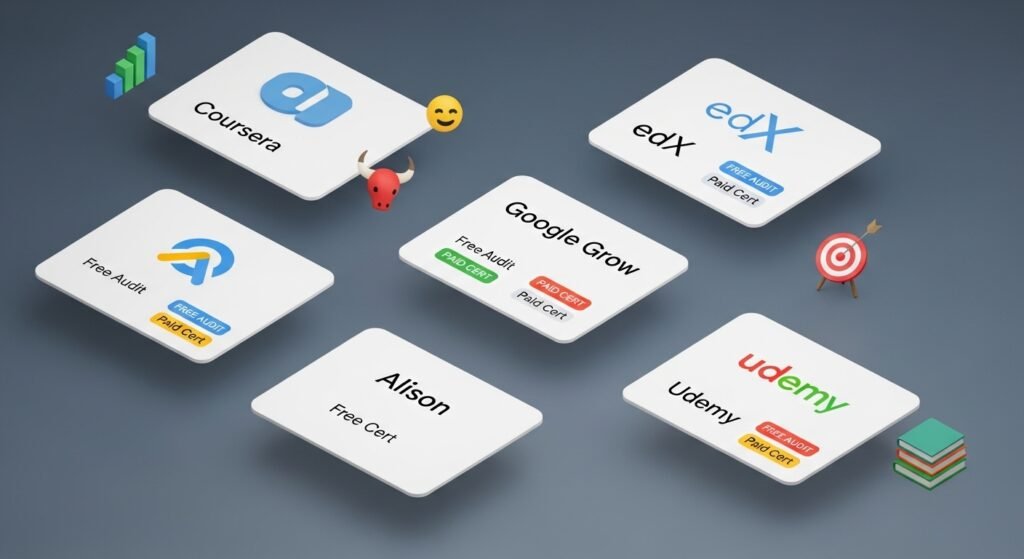
Quick comparison — where to start for free courses online
| Platform | Free access? | Certificate option | When to use it |
|---|---|---|---|
| Coursera | Yes (audit) | Paid certificate / financial aid | University-level courses and specializations |
| edX | Yes (audit) | Paid verified certificates | Academic courses & MicroMasters |
| Google programs | Yes | Many free certificates | Digital skills, ads, IT basics |
| Alison | Yes | Free certificates (some limits) | Quick vocational courses |
| Udemy | Many free courses | Completion certificate (varies) | Practical, project-focused training |
| Khan Academy | Fully free | Printable certificates for some tracks | School-level foundations |
| Class Central | Aggregator | Links to limited free-certificate offers | Best for hunting promos |
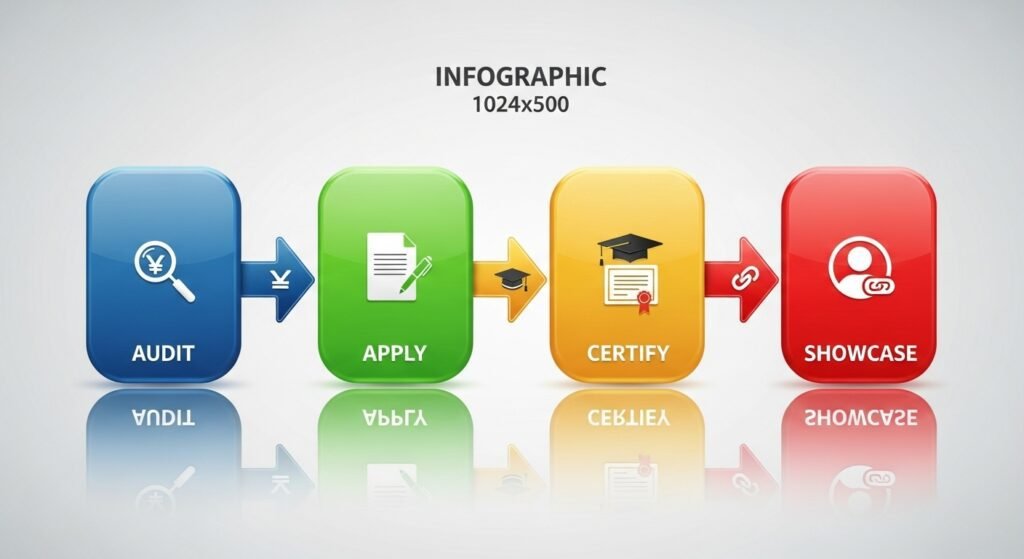
Platform-by-platform: what they actually give you
Coursera — learn from universities, aim for aid if you need the certificate
Coursera hosts university-backed courses and professional certificates. Usually you can audit the course for free (lectures + readings). Verified certificates cost money, but Coursera offers financial aid for many courses — apply with a short form explaining need and goals. If you want an academic-style course from a recognized institution, audit first; then request aid if the certification matters.
How to use it: Audit the class, complete the work to learn, then apply for financial aid only for the courses that most directly benefit your CV.
edX — academic rigor, audit-first approach
edX follows a similar model: free auditing, paid verified track. It’s especially useful if you want university-caliber material (many edX courses originated at Harvard or MIT). Certificates often have academic weight in some regions, but you’ll usually have to pay or find a scholarship for the verified credential.
How to use it: Use edX to learn the theory and add practical projects to your GitHub to demonstrate skills.
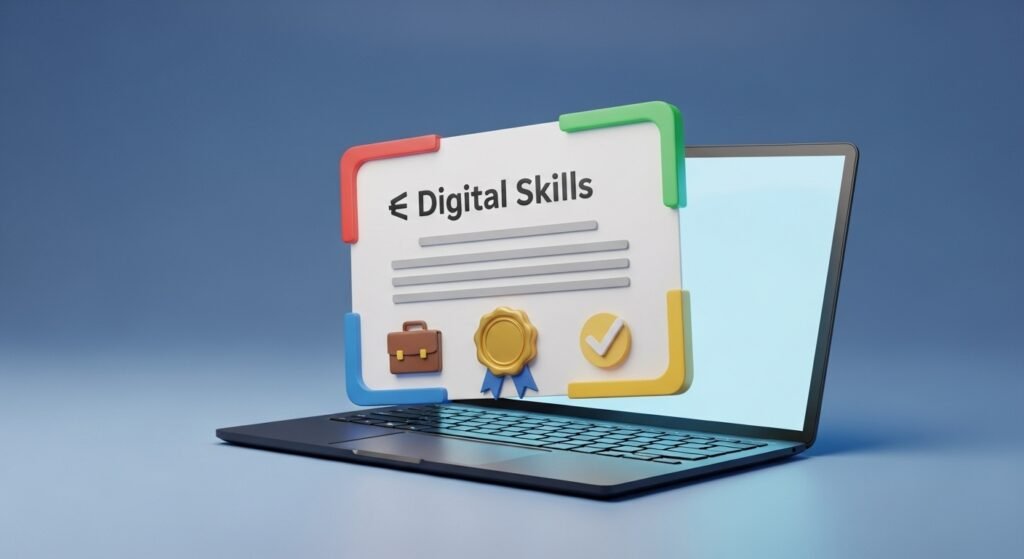
Google programs — practical, free certificates that hire managers recognize
Google runs free training programs for digital marketing, data basics, and entry-level IT skills. Many of these include a free certificate after you finish. These certificates carry brand recognition — they’re short, practical, and aimed at job-ready outcomes.
How to use it: Finish a Google program, then build a short portfolio project that shows what you learned (e.g., a marketing campaign snapshot or a small site deployed).
Alison — vocational focus and accessible certificates
Alison offers thousands of short courses and issues certificates and diplomas. Some certificates are available for free on the platform, but physical printing or official upgrades may cost. It’s a good place for practical, job-oriented skills if budget is tight.
How to use it: Use Alison for quick skill fills (e.g., Excel, customer service) and combine certificates with a practical example on your CV.
Udemy — practical skills, lots of free options, variable certificate value
Udemy lists many free courses alongside paid ones. Udemy grants a completion certificate (including for many free courses), but the hiring value depends on the course and the project you can show. Udemy is very strong for programming tutorials and hands-on walkthroughs.
How to use it: Choose project-based Udemy courses, finish a small deliverable, and link the demo when you list the certificate.
Khan Academy — free learning that builds foundations
Khan Academy is fully free, excellent for math, science and basic computing. While it’s not a “certificate factory,” it offers printable progress and is unmatched for foundational learning.
How to use it: Use Khan Academy to shore up basics, then move to project-based platforms for certificates and portfolio work.
How to actually get a free (or low-cost) certificate — a practical playbook
- Audit first — inspect the course content before committing. If it’s low-quality, don’t waste time.
- Check for financial aid or scholarships — platforms like Coursera and edX offer aid; smaller platforms may have promo windows.
- Watch aggregators — sites that track free certificate promotions can alert you to limited offers.
- Choose courses with projects — a certificate plus a short project is far more valuable than a badge alone.
- Document your work — put code, reports, or a one-page case study on GitHub or a personal site and link to it from your certificate listing.
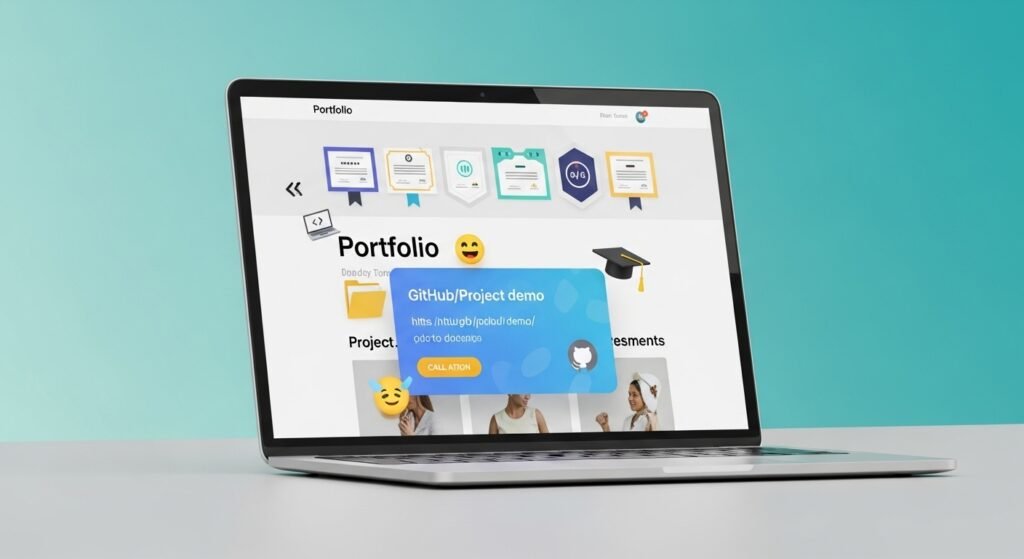
How to make a free certificate meaningful to employers
Certificates rarely speak for themselves. Employers want proof you can do the job. Turn a certificate into proof:
- Add a short project: after finishing the course, complete a small project that uses the skills and post it online.
- Write a 250-word case summary: what you built, which steps you took, and what you learned. Link this under the certificate in your CV and LinkedIn.
- Prefer depth over quantity: 2–3 solid certificates with projects are more persuasive than many shallow badges.
My practical tips and a few mistakes I’ve seen people make
- Mistake: collecting too many low-effort certificates to “look busy.” That rarely helps.
- Better: choose certificates tied to skills employers in your target field actually hire for. Then pair them with a single, clear portfolio item.
- Pro tip: if you’re applying for a role, list only the certificates most relevant to the job and link to the project that demonstrates the result.
Actionable checklist — 7 steps to finish a free certificate and make it count
- Pick one course that targets a job skill.
- Audit the course to confirm quality.
- Complete assignments and take screenshots.
- Build a one-page project that applies a course skill.
- Host the project (GitHub Pages, Netlify) and add README.
- Download or obtain the certificate (or financial aid approval).
- Add certificate + project link to your CV and LinkedIn with one-line impact statement.
Short FAQ — common questions about free courses online
Q: Are free certificates respected by employers?
A: It depends. Brand recognition (e.g., a Google certificate) and an accompanying project matter far more than a certificate alone.
Q: How long do free courses usually take?
A: From a few hours for short workshops to several weeks for university-style courses. Check the course’s estimated workload.
Q: Should I put all certificates on LinkedIn?
A: Only the most relevant ones. Too many low-effort badges dilutes impact.
Final thoughts — learning cheaply is useful, but proof is priceless
Free courses online open doors — but the real value comes from what you do with what you learn. Don’t collect certificates like trophies. Instead, choose a few focused courses, build a tiny project for each, and present both the certificate and the work. That combination is what hiring managers actually check.
Call to Action (CTA)
Which skill would you like a free certificate in — data, web development, marketing, or cloud? Tell me which one and I’ll recommend a current free course plus a one-week project you can finish to turn the certificate into real proof you can show employers.

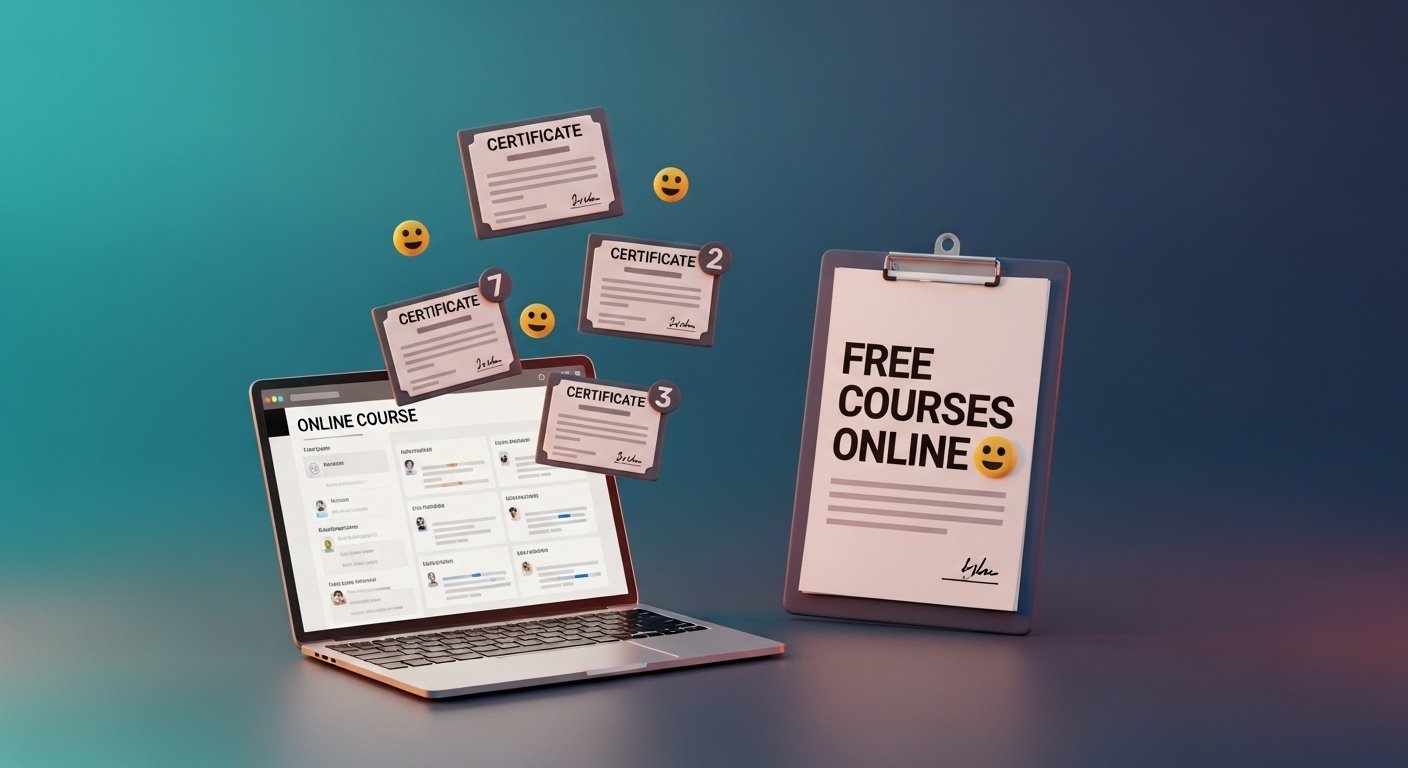


Pingback: Proven Study Tips for Students - PaidScripts — Tech Education Hub: Coding, Courses & Student Resources
Pingback: How AI is Creating a More Human Future for Education - PaidScripts -Tech Education Hub: Courses & Student Resources
Pingback: Best Remote Internship Programs in 2025 - PaidScripts -Tech Education Hub: Courses & Student Resources